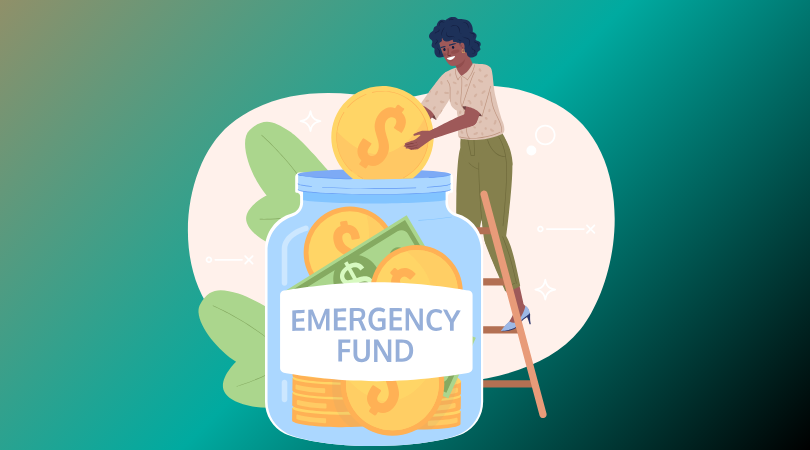

Most of us have heard about an emergency fund and would agree that having a financial cushion can make it easier to weather difficult times. Still, many of us find it difficult to create one. In this article, we talk about the importance of having that fund, how to go about building it, and how it can help to improve your money management.
Illness, job loss, or natural disasters can occur at any time, throwing individuals and families into a tailspin. We never know when an emergency is going to strike and, without adequate savings, it can be very difficult to cope. An emergency fund provides a buffer against unanticipated expenses or loss of income and alleviates some of the anxiety we would otherwise experience.
Building an emergency fund requires planning and discipline. You may have an ideal sum in mind, but you need to set realistic savings goals based on your personal or household circumstances. While some financial advisors recommend setting aside three to six months' worth of living expenses, this might not be possible for everyone. You’ll need to take multiple factors into account such as the stability of your income, the size of your family, and your financial obligations.
Once you’ve determined how much you ultimately want to save, you’ll need to come up with a plan for reaching that target. For most people, this involves taking a look at their monthly budget (or creating a budget for the first time) and identifying areas where they can either reduce spending or reallocate funds.
Building an emergency fund may be intimidating. However, there are several things you can do to make the process more manageable.
Beyond providing financial security during emergencies, having an adequately funded emergency fund offers a myriad of benefits:
Emergency fund planning is an indispensable component of sound financial management. By prioritising savings, implementing strategic savings strategies, and maintaining financial discipline, you can build a robust financial cushion that safeguards against unforeseen circumstances and fosters long-term financial stability. Remember, the key to success lies in consistency, adaptability, and a steadfast commitment to your financial well-being. Start building your emergency fund today and pave the way for a more secure and resilient financial future.
Visit our MoneySmart hub for more articles, videos, and tips on how to secure your finances. Have a specific question you’d like answered? Submit it and it could be answered in our Ask the Expert column.